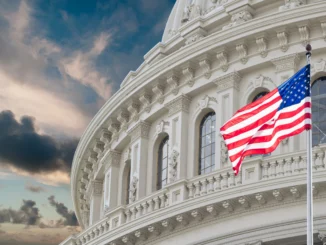
The Consumer Financial Protection Bureau (CFPB) issued a new policy statement on Monday that outlines standards for the legal prohibition of abusive conduct in consumer financial markets, summarizing over a decade of precedent.
Abusive conduct prohibitions were established in the wake of the 2008 financial crisis. The Consumer Protection Act (CPA), which was the resulting legislation, and the law, engaged the CFPB and other regulators to enforce it.
“The policy statement will assist consumer financial protection enforcers in identifying wrongdoing, and will help firms avoid committing abusive acts or practices,” the CFPB said in its guidance announcement.
CFPB Director Rohit Chopra said in a statement that the guidance provides information to assist regulators with enforcing the standards governing abusive practices. Chopra also issued prepared remarks regarding the new guidance at the University of California Irvine Law School.
“In response to the predatory mortgage lending practices that drove the financial crisis, Congress banned abusive conduct in consumer financial markets,” Chopra said. “The CFPB issued today’s guidance to provide an analytical framework to help federal and state agencies hold companies accountable when they violate the law and take advantage of families.”
There are two standards that define abusive acts or practices, according to the guidance.
“(1) Obscuring important features of a product or service or (2) leveraging certain circumstances—including gaps in understanding, unequal bargaining power, or consumer reliance—to take unreasonable advantage,” the Bureau stated in its announcement. “In particular, the statement describes how the use of dark patterns, set-up-to-fail business models like those observed before the mortgage crisis, profiteering off captive customers, and kickbacks and self-dealing can be abusive.”
The “unreasonable advantage” standard applies to three elements in particular: “A lack of understanding on the part of the consumer of the material risks, costs, or conditions of the product or service; the inability of the consumer to protect the interests of the consumer in selecting or using a consumer financial product or service; or the reasonable reliance by the consumer on a covered person to act in the interests of the consumer,” according to the CFPB’s statement of policy.
The policy statement will be published in the Federal Register. The public and any other stakeholders with interest in its impacts will be able to submit comments until July 3.



